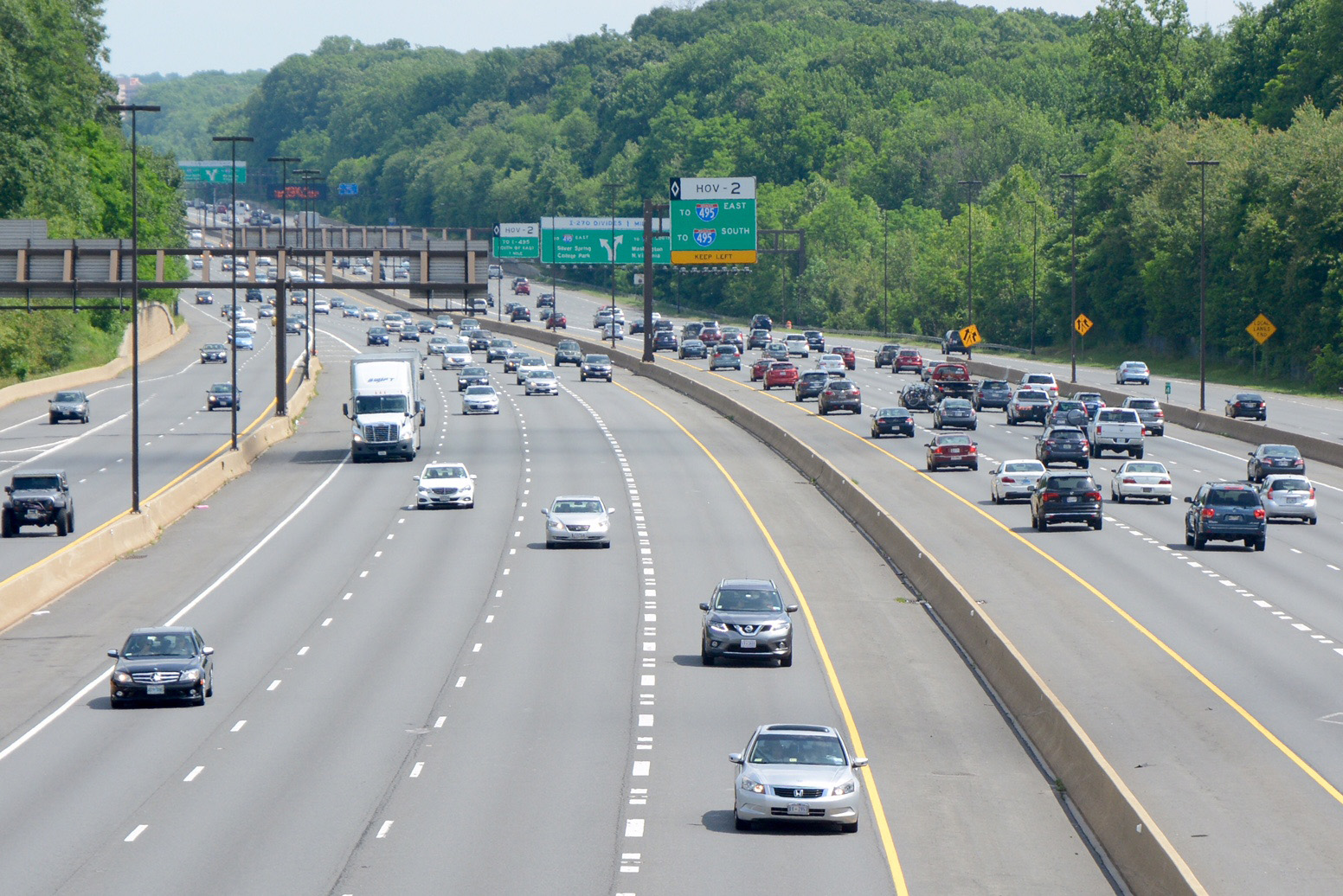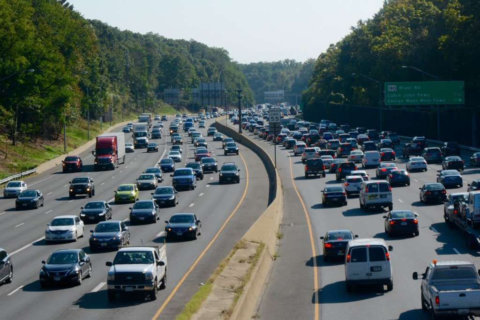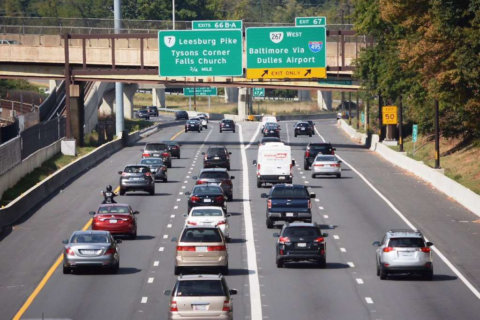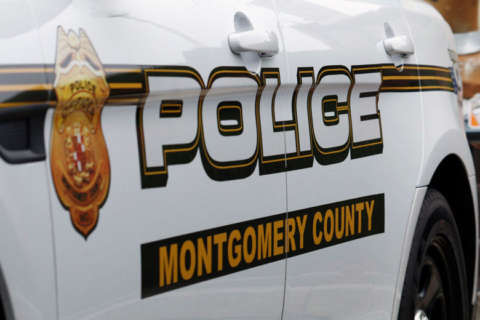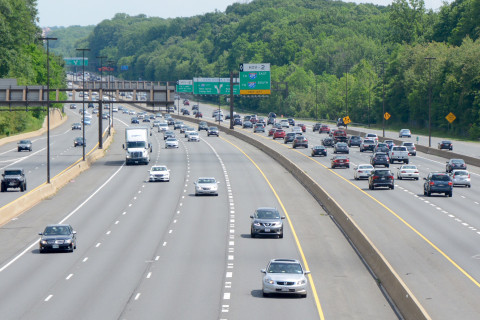
ANNAPOLIS, Md. — Maryland counties could get veto power on toll road projects under one bill being considered in Annapolis.
House Bill 102 went before the House Environment and Transportation Committee for a hearing on Thursday afternoon.
Democrat Del. Brooke Lierman, who represents Baltimore, one of 22 bill sponsors, said it simply gives the same power to all Maryland counties that nine Eastern Shore counties already have.
“This bill says, ‘You know what? If it’s good enough for the Eastern Shore, it’s good enough for the rest of the state!'” she told the panel.
Maryland Secretary of Transportation Pete Rahn objected to the planned legislation.
“The concept of having just one particular county being able to veto a major regional transportation program, I believe, is truly a dysfunctional government approach,” he told the panel.
Referring to the Maryland Department of Transportation plans to widen both Interstate 270 and the Capital Beltway and add toll lanes, Rahn said, “I want to add, the counties have had input into this process.”
Rahn said that included workshops in Prince George’s and Montgomery counties.
Samuel Jordan, president of the Baltimore Transit Equity Coalition, testified in favor of the bill. His objection focused on the economic impact of tolling road users.
“When express toll lanes are added to highways, immediately a hierarchy emerges that stratifies motorists by income,” Jordan said. “Lexus lanes distribute a public good based on income. We call that system a plutocracy.”
Residents concerned that the plans for the $9 billion project would mean homes or businesses could be taken to make space for the widening of the highways testified, as well.
Peter Altman, a Rockville resident who lives near I-270, said people in his community worry the project will turn their lives “upside down.” He told the panel, “We support this legislation because the state would have to work with the county” on the road plans, giving residents more input, while still allowing the state to work toward the goal of easing gridlock.
Democratic Del. Sara Love, who represents areas in Montgomery County, questioned Rahn.
“My constituents elect me and the county council. They do not elect you. Isn’t the function of government for us and the county council to represent our constituents?” she said.
“Your constituents also elected Gov. Hogan, and in fact, Gov. Hogan was very upfront about the traffic relief plan, and I do believe he carried 45 percent of Montgomery County [in the 2018 election],” Rahn said.
“Then there’s no problem, correct?” Love said. “If people support the governor, as you just said, and if you’re doing all this outreach and people do support it, then the project will not be delayed and will not be stopped.”
Rahn replied by asking if that was a given, suggesting the legislation could potentially lead to costly delays.
Champe McCulloch, president of the Associated General Contractors, objected to the bill.
“This bill is a blunderbuss being used to kill a fly.”
Referring to the original bill that gave the nine Eastern Shore counties the ability to block toll projects, McCulloch said. “It was a dumb idea then, and it’s a dumb idea now.”
A federal review of the public private partnership, or P3, is already underway. Maryland State Highway Administrator Greg Slater said opportunities for more public input are being scheduled for April.
Banning the use of handheld devices
Currently, if a Maryland driver uses a cellphone while driving, there is a system of fines, escalating from $75 to $125.
A bill before the Environment and Transportation Committee would do away with the stepped fines and substitute that with a potential $500 fine. Del. Eric Ebersole is working to pass the bill.
“It doesn’t require a $500 fine,” said Ebersole, but it allows a judge the discretion to impose the much steeper fine. The offense would remain a misdemeanor.
Ebersole, a Democrat who represents areas Baltimore and Howard counties, said the idea is that the steeper fine would be a deterrent to a practice he said is widespread. He cited figures that show that more than 135,000 people were cited in Maryland for driving while using a handheld device.
“If you average that out, it’s about 100 people a day in Maryland received a citation for using a handheld device!” Ebersole said.
Regina Averella, with AAA Potomac, testified in support of the bill.
“You can on any given day, see someone just blatantly talking on the phone, texting,” she said. “Driving is a full-time job, it’s a huge responsibility,” she said, adding, “Perhaps the possibility of a stiffer fine may be a motivator” in getting people to put their phones away while driving.

